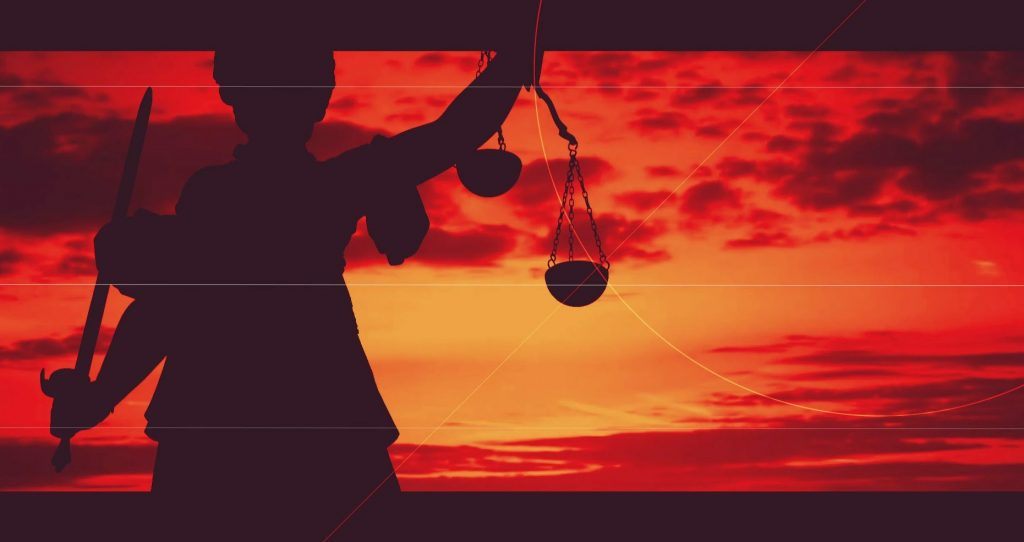New John Grisham Novel, ‘The Whistler,’ Paints Picture of Corrupt Tribal Casinos
Posted on: October 25, 2016, 04:12h.
Last updated on: October 25, 2016, 04:36h.
Bestelling writer John Grisham’s new novel The Whistler, just released today, shows the master of the legal thriller in rare form. The book deals with the theme of corruption in US tribal casinos, as well of the very hot topic of judicial misconduct.

The whistler, i.e., whistleblower, in the title is a disbarred lawyer who points investigators of Florida’s Board of Judicial Conduct in the direction of “the most corrupt judge in the history of American jurisprudence.”
The judge, it transpires, has been protecting a local tribal casino and the vicious gangster who offers it protection in return for a sizeable chunk of their profits.
Grisham is clearly both fascinated and appalled by the apparent lawlessness of Indian casino gaming, and the perception that it often operates beyond the control of either state or federal laws, as he explained to CBS News’ Charlie Rose this week.
Perfect Storm for Corruption
“Indian casinos now gross more money than regular commercial casinos. There’s 250 of them around the country, and they’re absolutely massive. They print money,” Grisham told Rose.
“Ninety percent of all the money that comes in is in cash, and it’s unregulated, nobody’s watching, they don’t pay taxes. There’s no oversight. I’m not saying there’s corruption, but it’s a perfect storm for corruption. No one knows how much they make, they don’t have to report to anybody.”
The tribal casino sector is now beginning to outstrip the revenue of the commercial casino sector, but only because there are more tribal casinos than commercial ones. The actual number is 489, operated by 243 distinct Native American tribes across 28 states.
But what of the charge that they are unregulated? Well, they pay no federal taxes, and therefore are not obliged to report their finances to the IRS. It’s also true that they are largely ungoverned by state gaming regulators.
They are certainly more lightly overseen than the casinos of Las Vegas and Atlantic City, which are, incidentally, among most heavily regulated casinos in the world. But tribal casinos are nonetheless accountable, albeit to a separate regulatory agency.
Regulated in Washington
All tribal casinos in the US are regulated by the National Indian Gaming Commission (NIGC), a federal regulatory agency based in Washington DC that was established in 1988 following the passage of the Indian Gaming Regulatory Act (IGRA). The agency has the authority to conduct investigations, audits, and to issue fines for violations. It can also close a casino down if it does not file financial reports in a timely manner.
Under IGRA, each Indian casino must have a compact with the state, which usually takes the form of some kind of revenue-sharing agreement, which is essentially taxation by another name. To violate this compact is to violate state and federal law (IGRA).
Indian casinos are also required to comply with anti-money laundering directives in accordance with the Bank Secrecy Act and are required to report all transactions over $10,000 to the Treasury’s Financial Crimes Enforcement Network (FinCEN).
While there have been examples of corruption within tribal casinos, the suggestion that they operate without regulation or oversight is a massive overstatement.
And that’s why they call it “fiction.”
No comments yet